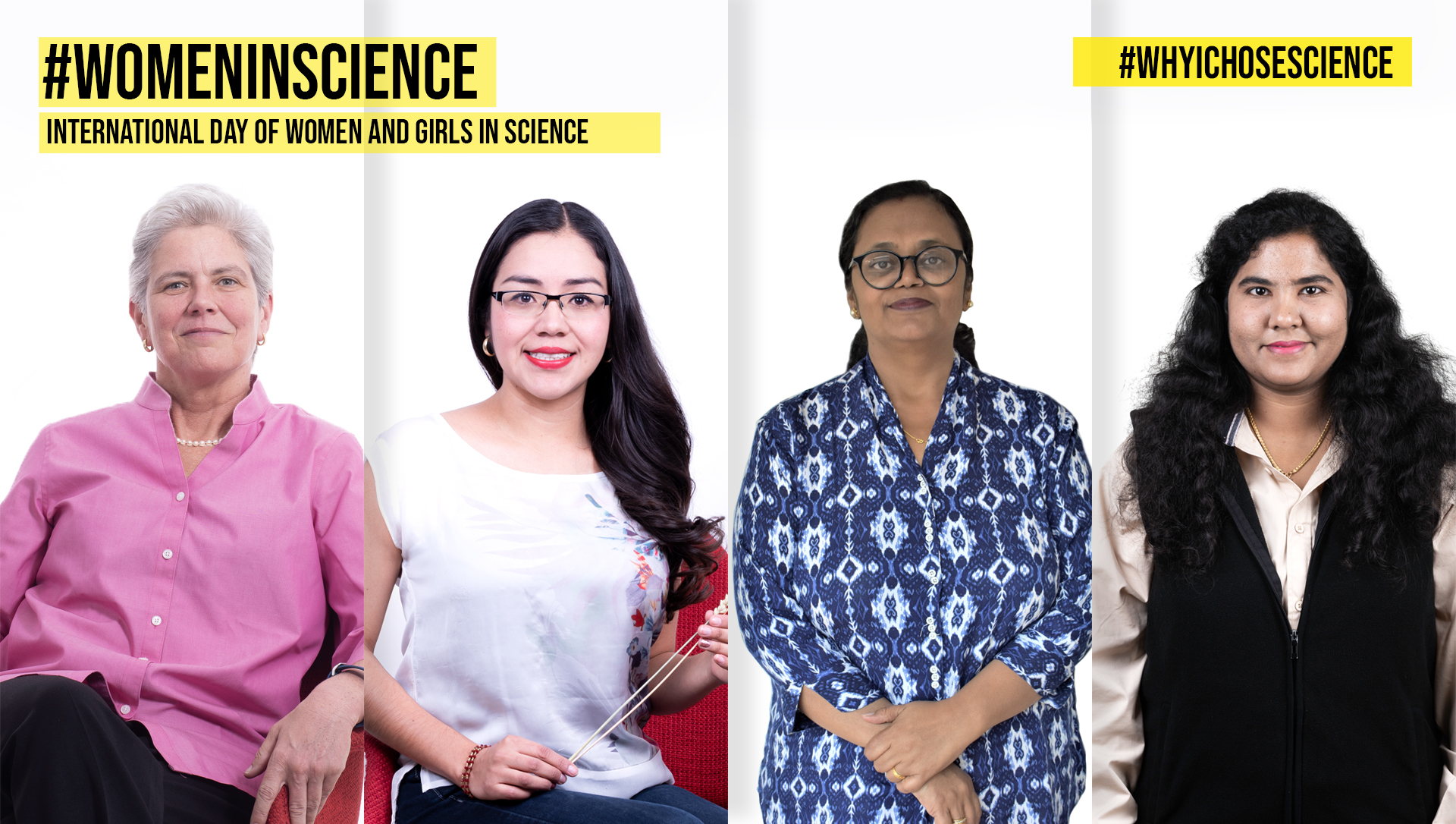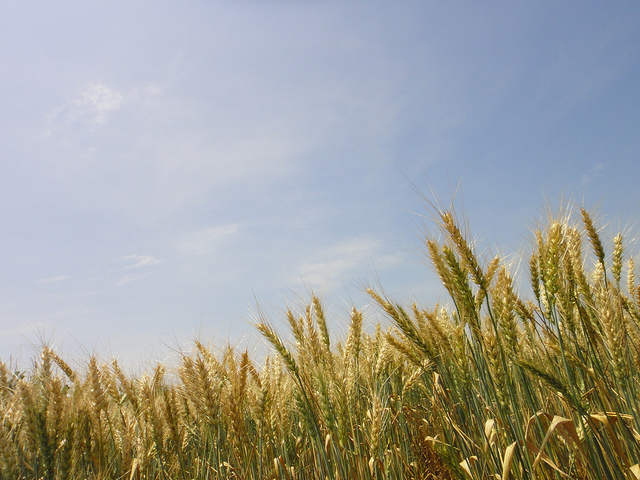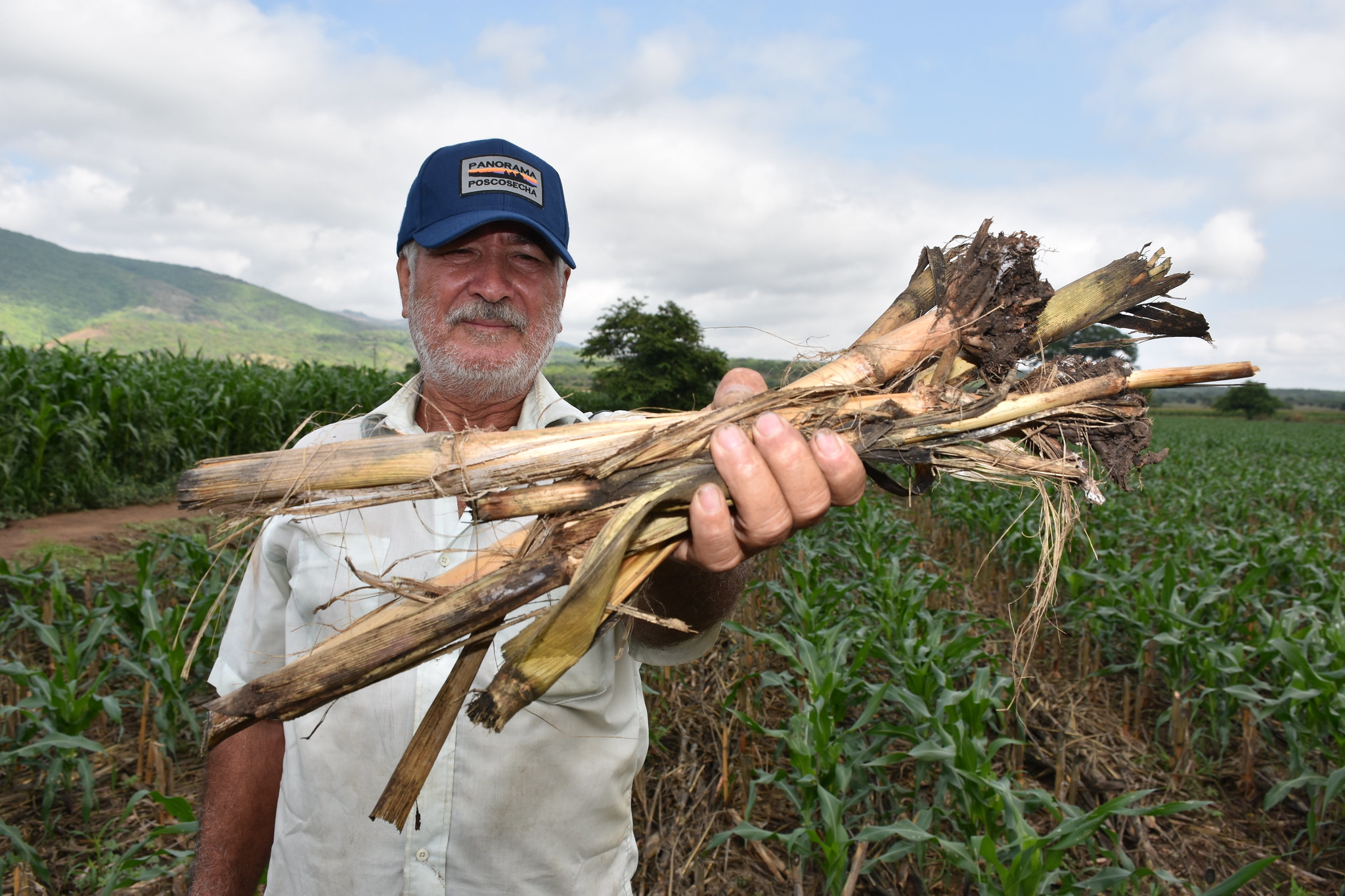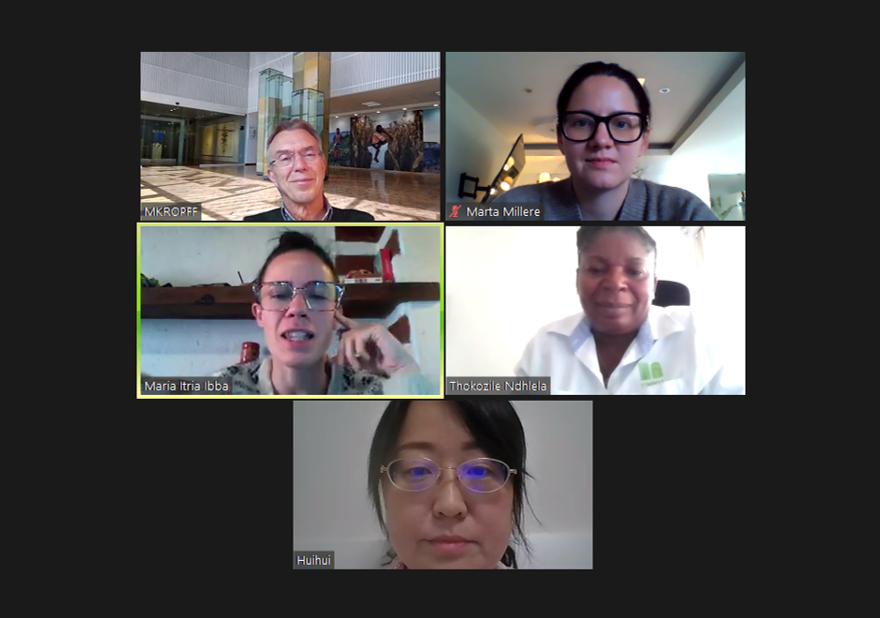Plant breeding, genetics, math and software development are all stereotypically male fields. For too long, women have been excluded from these fields for social, religious, cultural and “Oh, it’s a boys’ club, I don’t feel welcome” reasons, thus depriving scientific progress of great female minds and ideas.
In light of the International Day of Women and Girls in Science, we stopped to ask four scientists and leaders at the International Maize and Wheat Improvement Center (CIMMYT) why they chose science. Here are some inspiring highlights.
What made you want to become a scientist?
Margaret Bath, Member of the CIMMYT Board of Trustees: “I love food and I love science and math, so I had the opportunity to combine […] three things that I love very much and make a great career out of it. I’m a firm believer in math and science as an enabler for solving complex problems that face our society today.”
https://www.instagram.com/p/B8SFzWyg86c/
Cynthia Ortiz, researcher in CIMMYT’s Genetic Resources Program: “I remember one time when I was watching fireflies. My grandfather approached me and asked me if I understood why they shine and I said ‘no.’ I remember well what he said to me: ‘The world is much more than what we see, hear and feel.’ In that moment, I knew that I wanted to understand more about the things that surround us.”
https://www.instagram.com/p/B8T52Y7nt_r/
What’s the best thing about being a scientist?
Aparna Das, Technical Program Manager in the Global Maize Program, CIMMYT: “The whole idea where I use information, knowledge and technology to generate biological products was very exciting for me. The biggest learning I have had in the 25 years of my career as a plant-breeding scientist […] has been how I can use the vast information, combine it with the present day technological advances and deliver something for the future, which can address the global food crisis problem, which is looming […] in the near future.”
https://www.instagram.com/p/B8Zeau5neHq/
Philomin Juliana, wheat scientist in CIMMYT’s Global Wheat Program: “How you can use scientific research to answer lots of different questions and how you can solve […] different problems using math, data analysis. All these are key questions that affect humankind today and how we can design future systems based on our current understanding of systems and also how all these together can help us make a difference in the lives of farmers and the poor.”
https://www.instagram.com/p/B8Z2WTfH-sh/
Are you passionate about science and want more women to get involved? join CIMMYT’s #WhyIChoseScience campaign. Take out your phone, click ‘record’ and share what made you want to become a scientist!


 Climate adaptation and mitigation
Climate adaptation and mitigation 
